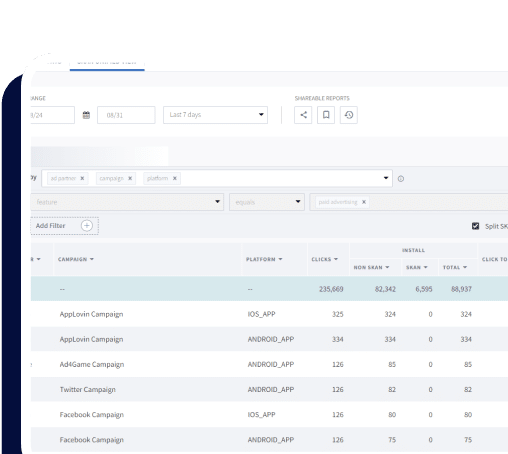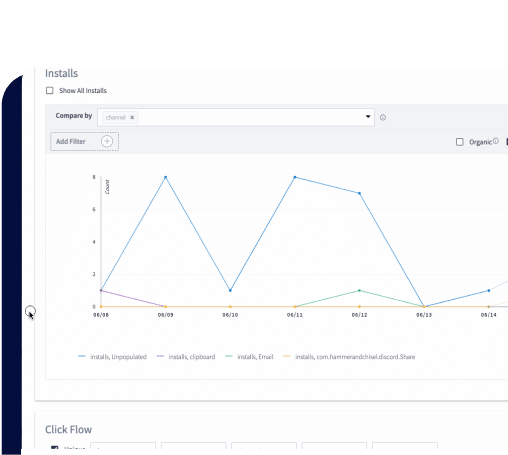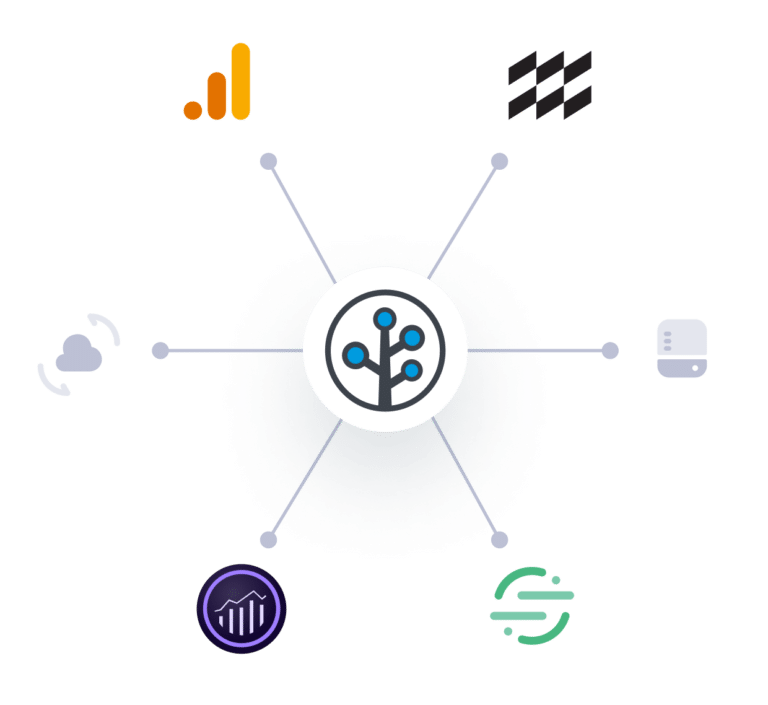What is an internet protocol (IP) address?
A string of numbers separated by periods that identifies a device on the internet. Each internet-connected device has a unique IP address. This enables the exchange of information and communication across networks. This is especially useful in file sharing, video streaming, and online gaming.
An IP address, short for Internet Protocol address, is a unique string of numbers that identifies a device using the Internet Protocol to communicate over a network.
Today, most of the world’s Internet traffic is routed by IPv4, which is made up of 32-bit integers, although IPV6 was developed to solve the problem of there no longer being enough IPv4 addresses. IPV6 is the latest version of IP and moves from 32 bits to a 128-bit address space, with both letters and numbers in identifiers.
There is a common misconception that a mobile device’s IP address is always unique and permanent from the perspective of the server it communicates with. This is not the case with IPV4. Mobile devices make requests through a WiFi network or a cellular network. On a WiFi network, every requesting device will inherit the IP address of the WiFi router. This means all users on the same WiFi will have the same IP address. This happens on cellular networks, as well. When users are in similar geographical locations using the same cellular network, the devices will inherit the IP address of the nearest cellular router. This lack of uniqueness is what makes basic device probabilistic modeling inaccurate. This is why Branch has developed an enhanced predictive modeling solution.
Meanwhile, because there are so many more addresses available, IPv6 provides uniqueness in that every device gets its own unique address. This means an entire network is no longer able to access the internet through a single IP.
























